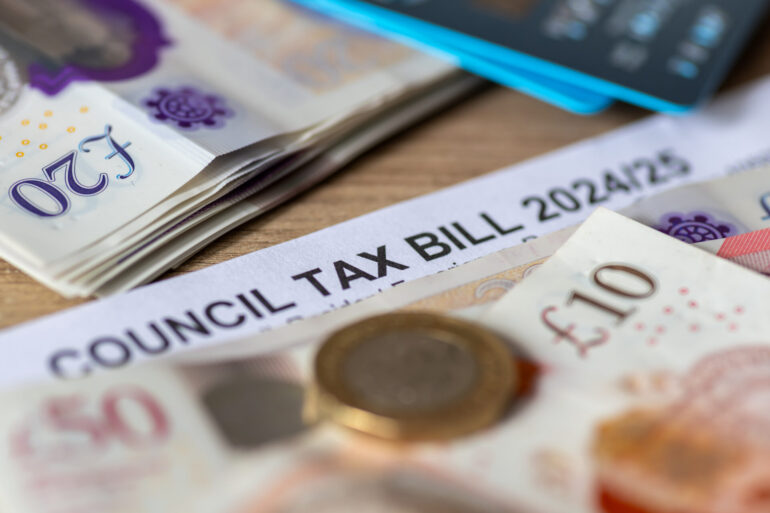Rising Council Tax bills, outdated tax structures, and falling support are putting a growing strain on poorer households, with the tax now consuming a greater share of their income than ever before, according to new research from the Resolution Foundation.
The report, Money, Money, Money, examines changes in where lower-income households get their income from and how much of it goes towards housing costs and taxation. It finds that while earnings now make up a greater proportion of household income than in the 1990s, the burden of Council Tax has risen sharply, particularly for those on the lowest incomes.
The research highlights that poorer households have seen their reliance on social security benefits decline, with the share of income from benefits among the bottom fifth falling from 59% in 1994-95 to 33% in 2022-23. Meanwhile, disability benefits have bucked the trend, with payments to lower-income households quadrupling from £220 to £1,070 over the same period, partly due to an ageing and sicker population.
However, one of the most striking trends has been the growing impact of Council Tax. The research shows that the average bill has increased by 77% in real terms between 1994-95 and 2020-21. With local authorities in England expected to increase rates by up to 5% this year, and even more in some areas, the financial strain is set to intensify.
The report finds that the poorest fifth of households now spend 4.8% of their gross household income on Council Tax, up from 2.9% in 2002-03. This contrasts with the richest fifth of households, who spend just 1.5% of their income on the tax. In comparison, the share of income spent on Income Tax by the poorest fifth has only risen from 4.7% to 5.9% in the same period.
Lalitha Try, economist at the Resolution Foundation, said: “The incomes of poor households haven’t risen enough in recent decades, as the UK economy has stagnated. But where their money comes from and what it is spent on has changed considerably.
“Two bursts of rapid jobs growth in the late 1990s and 2010s mean that earnings play an ever more important role in shaping lower-income households’ living standards, while social security benefits contribute less.
“Council Tax is consuming a larger share of poor families’ household budgets, who are spending almost as much on these bills as they pay in Income Tax. This terribly designed tax increasingly resembles the very thing it was meant to replace – the dreaded Poll Tax.”



